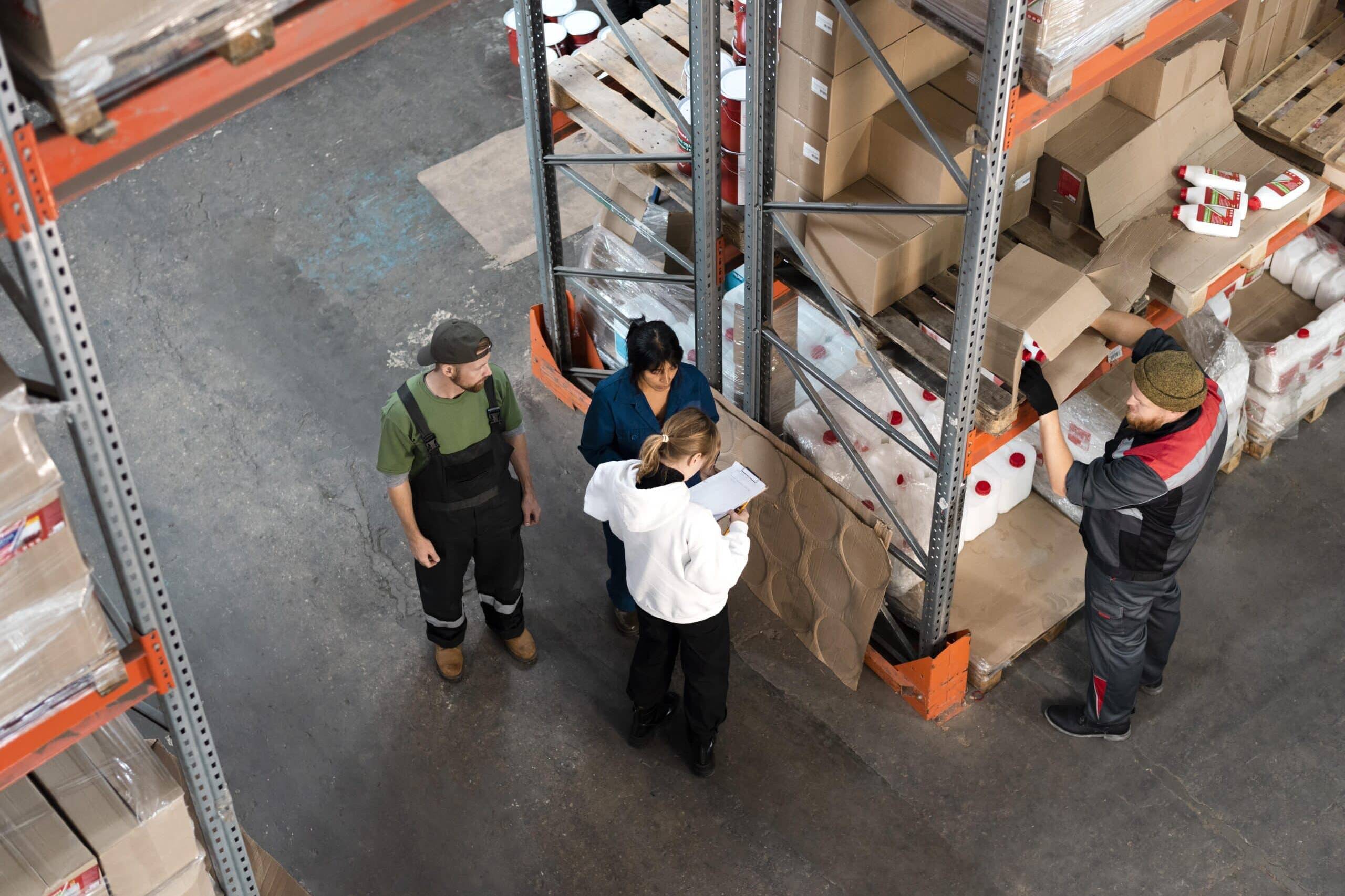Books, kitchenware, electronics, beauty products, clothes... Everyone buys everything from Amazon. The giant is among favorite companies for investors who want to allocate capital in ESG stocks. In ESG reports, its shipping issues represent only 1/7 of the issues of smaller competitors. But when researchers analyzed public data on imports, they found that only 15% of Amazon's ocean shipments could be tracked. In addition, the company's numbers do not appear to reflect emissions generated by its many third-party vendors and suppliers operating outside the United States.
Just like Amazon, all companies will have to adjust and adapt their supply chains as well in order to prosper. In board meetings at companies on all continents, the pressure to set a net zero goal is great. According to the Net Zero Climate organization, this means: "A state in which the greenhouse gases going into the atmosphere are balanced by their removal from the atmosphere."
For this, it is not enough to do your part. It is necessary that your partners do the same! Net Zero applies to the entire value chain of a company. Thus, it considers the indirect emissions from suppliers to end customers.
To achieve this result, companies need to eliminate greenhouse gas emissions and neutralize those that cannot be avoided. Value chain interdependence also means decarbonization interdependence. As the world's big companies work toward zero, the pressure to reduce emissions can become as great for suppliers as the pressure to reduce prices.
In Brazil, the number of companies and consumers who are discovering how advantageous it can be to have a local energy generation system is already growing. Data from the National Electric Energy Agency (Aneel), highlight that about 7.5 thousand Brazilian units are supplied by photovoltaic microgeneration. This represents an increase of about 300% compared to 2015, when Brazil registered about 1,800 of these installations. This greater access to renewable energy is one of the drivers to the increase in the number of Net Zero Energy in Brazil. And this is just the beginning!
Initiatives are spreading across the globe. The German Parliament has passed the Supply Chain Due Diligence Act, which will come into force in 2023. According to the new law, large companies will be responsible for social and environmental issues arising from their global supply chain networks. This includes bans on child labor and forced labor, attention to occupational health and safety throughout the supply chain. Those who break the law will have to pay a fine of up to 2% of annual turnover.
To find the right metrics and partners for your company, SB Sustainable Business Solutions is in the market with pioneering solutions aimed at sustainable development for large corporations and their value chains. We add value to your business, involving the supply chain, the community, and improving governance in internal processes.
SB SUSTAINABLE BUSINESS SOLUTIONS is an ESG Tech. Today recognized as the only automated, data-driven solution for external risk monitoring and materiality analysis to serve your company and your supply chain.
With ESG DATA INTELLIGENCE, we capture data that becomes information for decision making as well as monitoring for the financial market with audited evidence.
We have a team of professionals that encompasses the areas of Auditing, Consulting, Risk Advisory, ESG Performance Procurement, Value Chain and specialists from various industries and sectors with extensive experience and business knowledge!


